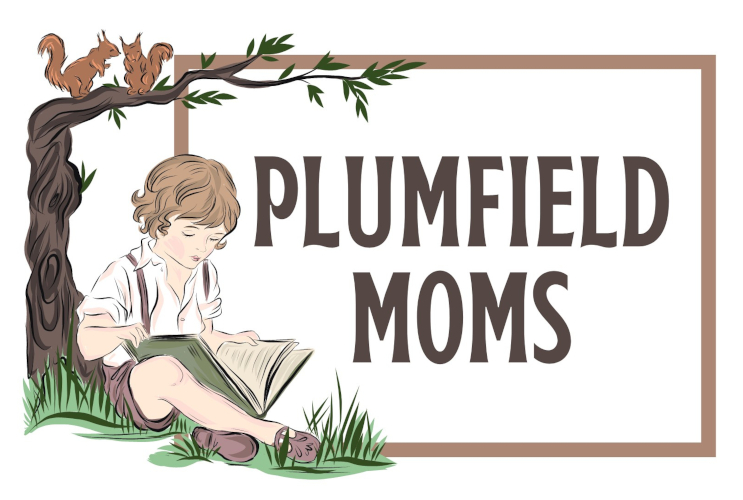Maggie the Magnificent
C.K. (Charles Kenneth) Thompson

Author:
C.K. (Charles Kenneth) Thompson
Illustrator:
Ron Madden
Publication:
1949 by Dymock's Book Arcade
Series:
C.K. Thompson Australian Nature Stories ![]() Members Only
Members Only
Current state:
This book has been evaluated and information added. It has been read but content considerations may not be complete.
Book Guide
Search for this book used on:
“Maggie the Magnificent” is something entirely different in children’s nature stories. Readers of previous books by this author have realised that he approaches the popular theme of Australian bird and animal lore from an angle never before attempted by a writer of Juvenile books—sheer entertainment deftly combined with authenticity of detail.
The birds do not talk, but they LIVE. “Maggie the Magnificent” is an exceedingly well-written story of Australia’s most popular black and white bird, the magpie. Though Maggie himself is the chief character and his life and adventures are portrayed faithfully, we meet a number of humans who are drawn so naturally that they might be your next door neighbours.
There is real human interest as well as bird interest in “Maggie.” The episodes range from grave to happy, many being of such laughter-provoking quality as to go down in juvenile fiction history.
Though designed primarily for the child mind, adults will appreciate the story as a rich page torn from the diary of their grandparent’s childhood.
From the reprint by Living Book Press
Reviews

Maggie the Magnificent
Reviewed by Greta
Maggie the Magnificent is the story of an Australian magpie. I would not have been surprised if Maggie flew off the page and began to sing. This book chronicles the life of Maggie–a typical magpie–from a fledgling to an adult bird. Maggie does not tell us about himself–he acts, thinks, and communicates like a bird. Magnificently life-like human characters give us an account of what magpies are and do. And when they can’t, Thompson fills the gap. The people in this story tell us other facts that many of us probably don’t know.
Find This Book
Search for this book used on:




